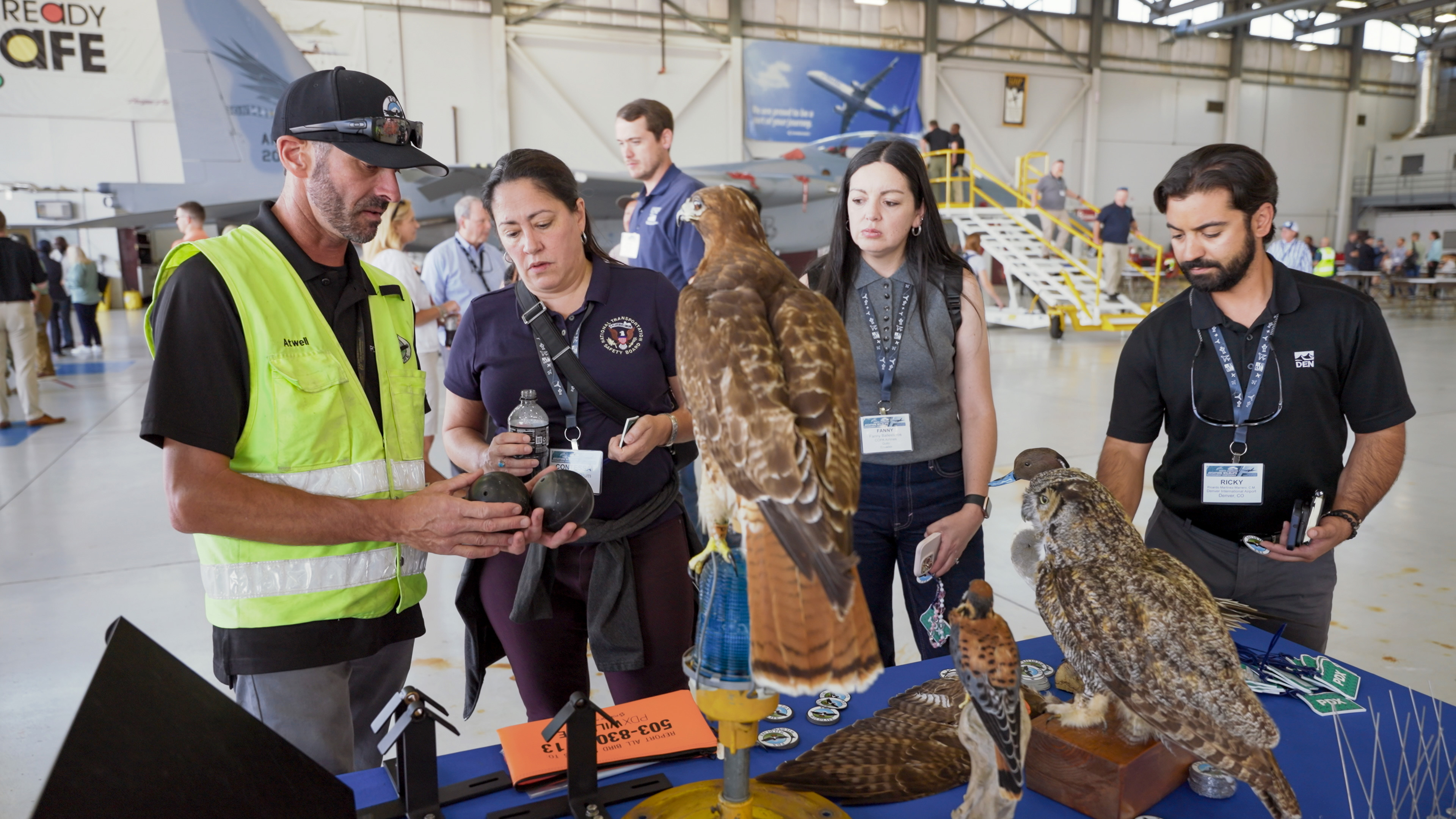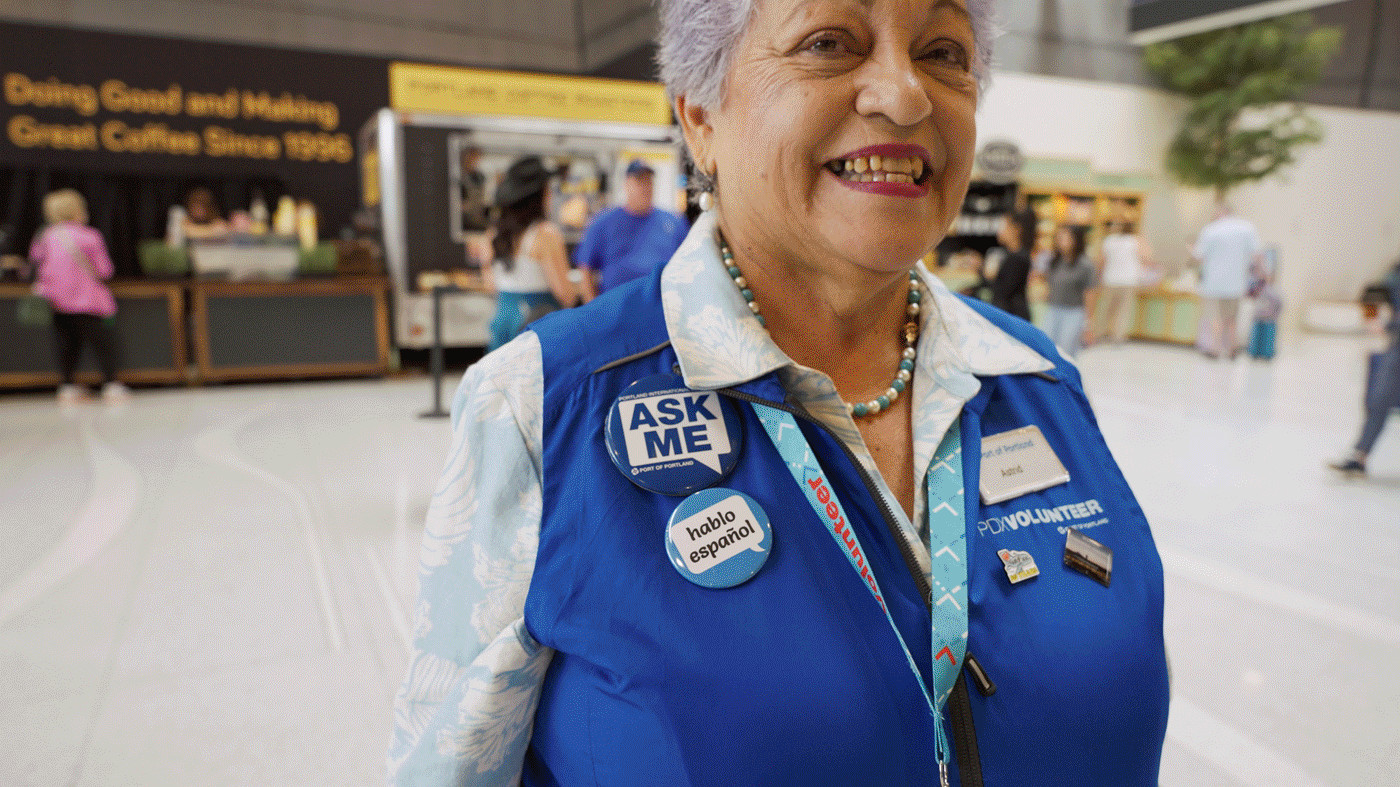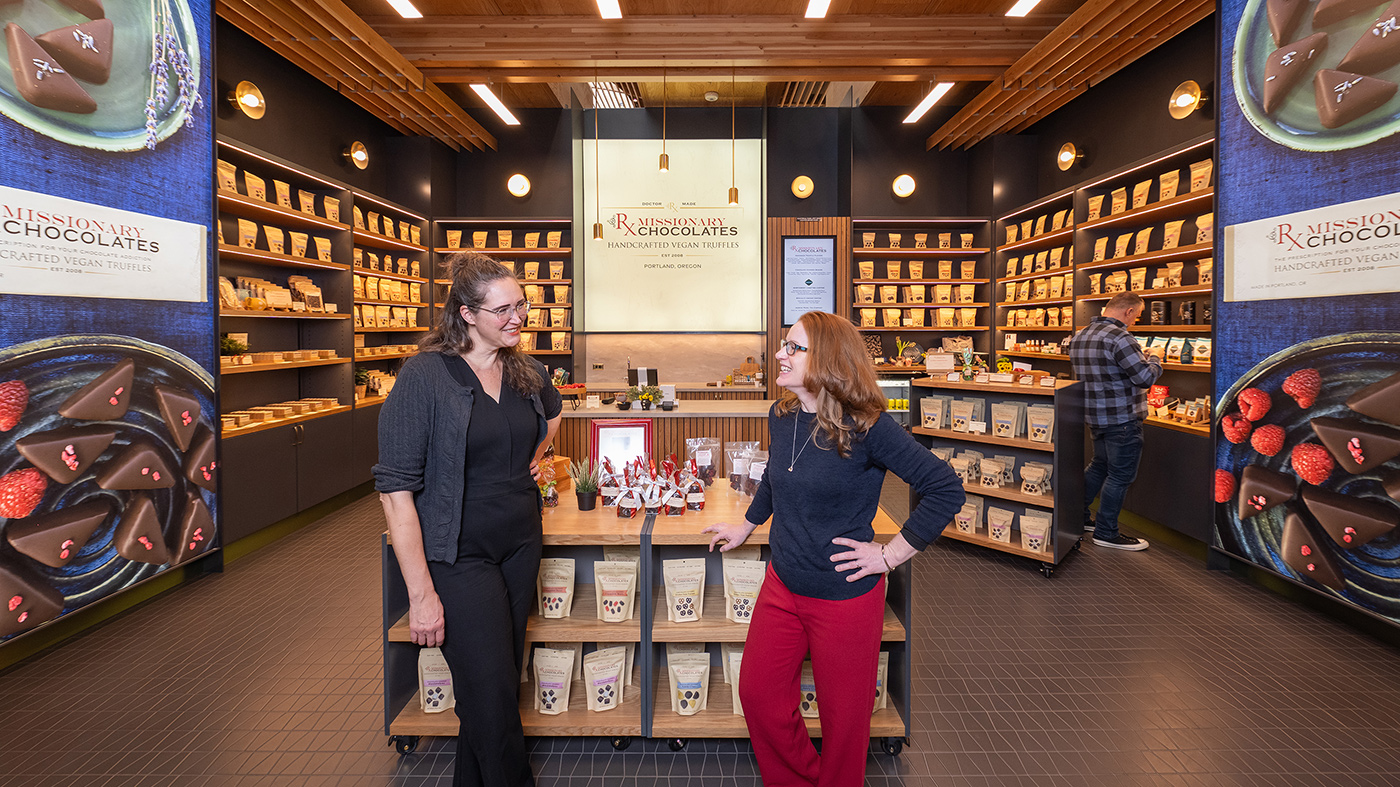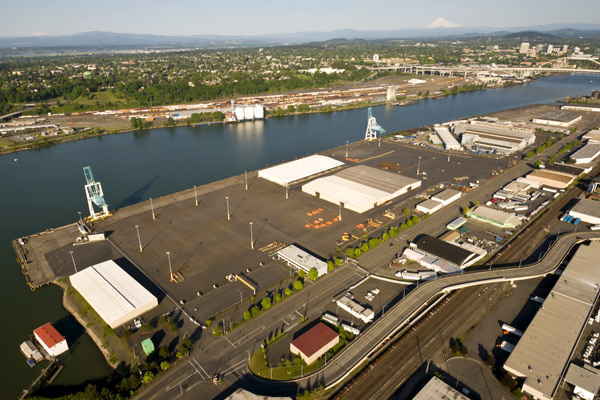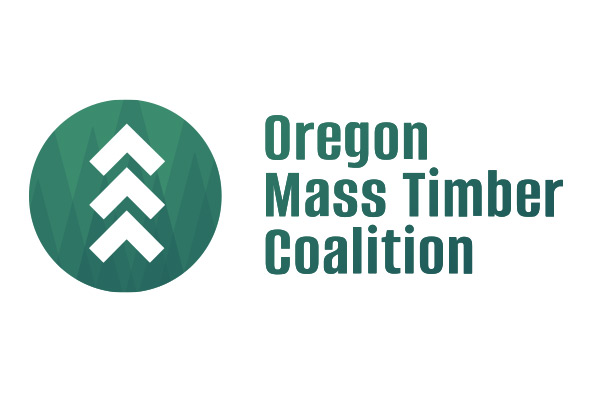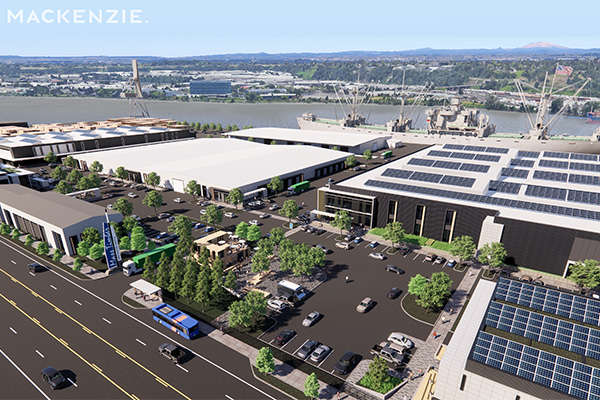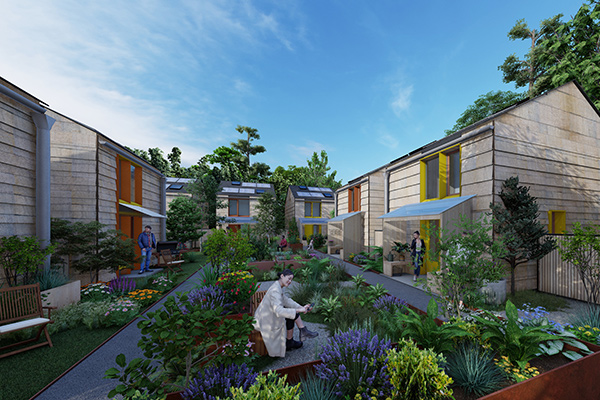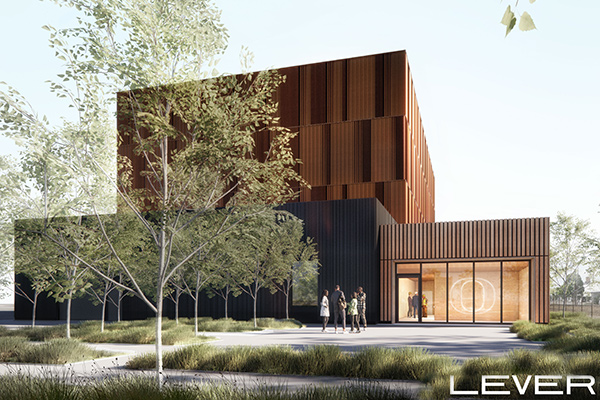What's it like to run a PDX popup? Ask Missionary Chocolates
When the Port of Portland announced the launch of our new pop-up program in the main terminal in 2023, Missionary Chocolates and Orox Leather were the first local businesses to secure a spot.
Missionary founder Melissa Berry, who is also a naturopathic physician, started making gluten-free, dairy-free, nut-free chocolates in 2008. She has sold her chocolates at farmers markets and her NE Glisan storefront since 2011. Melissa partnered with Josie Hartman, another local entrepreneur, to expand their business at PDX.
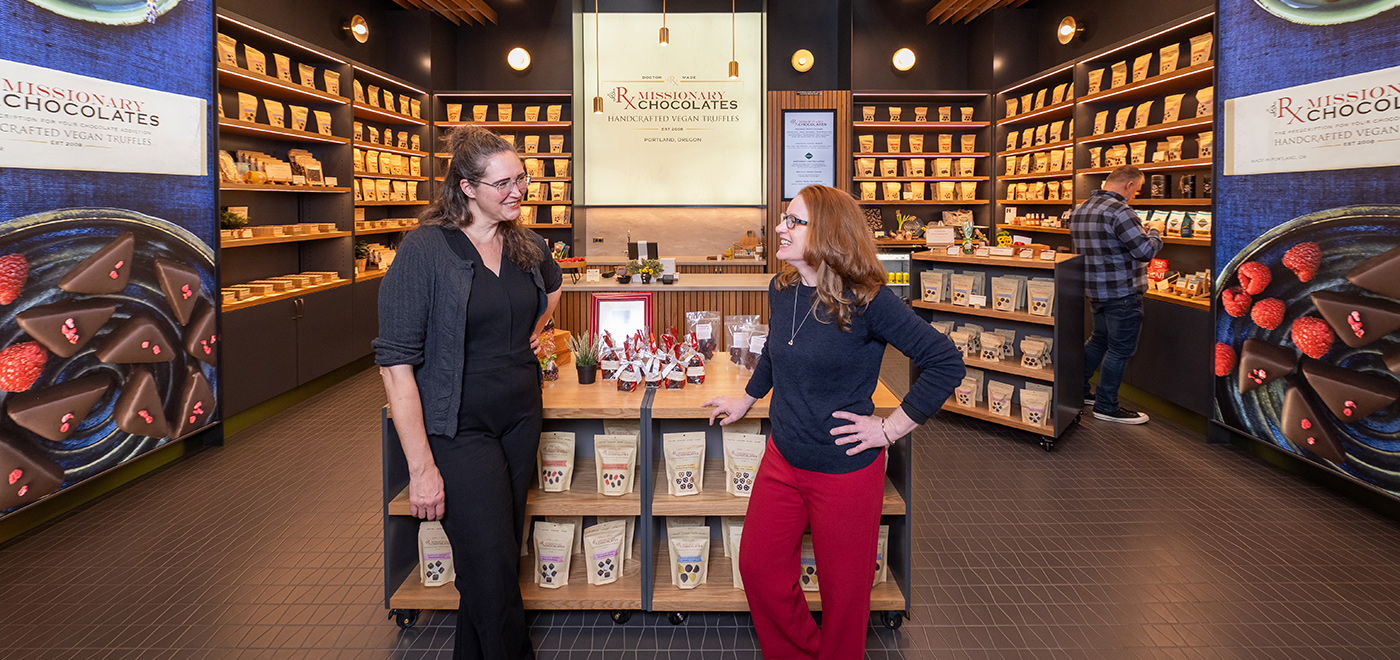
Missionary Chocolates’ pop-up store, which opened in August 2024, will operate until early 2026. We met up with Melissa and Josie after their first six months at PDX to get their insights on what future pop-up participants should know about this opportunity. (Our conversation has been condensed and streamlined.)
PDX: Why did you make the decision to go for this pop-up opportunity?
Melissa Berry, Missionary Chocolates: I absolutely love the airport. To showcase our products to locals as well as all the passengers traveling in and out of Portland—it was a huge opportunity. However, we weren't financially in a position to build out our own space. So we jumped when the Port Concessions team offered us a ready-built shop that we basically had to move merchandise into.
What kind of investments did you have to make?
Melissa: Thankfully, the airport took care of all the shelving, lighting, equipment and infrastructure. In terms of major overhead costs, our investment was pretty limited. However, our five large, backlit signs cost upwards of $15,000 combined. We also set up an inventory system that was separate from our current space. Then we had to stock the PDX shop. We already have an existing shop in Portland, but filling a second shop with enough product to support the high volumes at the airport was a big stretch for a business of our size.

Was hiring a challenge for the airport store?
Josie Hartman: Hiring the staff so we could be open seven days a week and meet PDX’s operating hours has been a challenge. So has navigating our staffing needs when it comes to managing deliveries, stocking the store, and cleaning. We tried out a few different staffing approaches in the beginning until we felt comfortable with the coverage we were able to provide. Six months in, we're getting it down!
Are certain products selling much better in an airport environment than in your streetside shop?
Josie: Yes. We first stocked the airport just like we do [at our flagship store]. That turned out to be opposite of what people at the airport buy. We found that a smaller box with an assortment of items has been a big seller at PDX. Instead of ordering boxes of a single product or our bags of cookies like our long-term customers do, somebody who doesn't know us will buy a cute little $15 box that has a couple of different things to taste. Chocolate bars are also important at the airport.
We’re thankful that we already switch out products seasonally. Return travelers may see that we’ve just put out something new with different colors on the box or with a Valentine’s Day theme. Our product line isn’t stagnant. That’s something that someone considering a pop-up space at PDX should consider.
You also stock your PDX shop with products from smaller vendors.
Melissa: Just sitting in the first meeting [with the PDX concessions team], I started thinking about all the people that we do farmers’ markets with and that we work with already. Almost all the products we sell in our PDX shop are made by woman-owned businesses. The Jasmine Pearl Tea Company are our neighbors down the street, and we use their tea in our chocolates. There's just so many collaborations that we've been able to do. We get to demo our chocolates at the airport, so I also offer that possibility to our other vendors. That's an opportunity for them if they want to have more exposure.

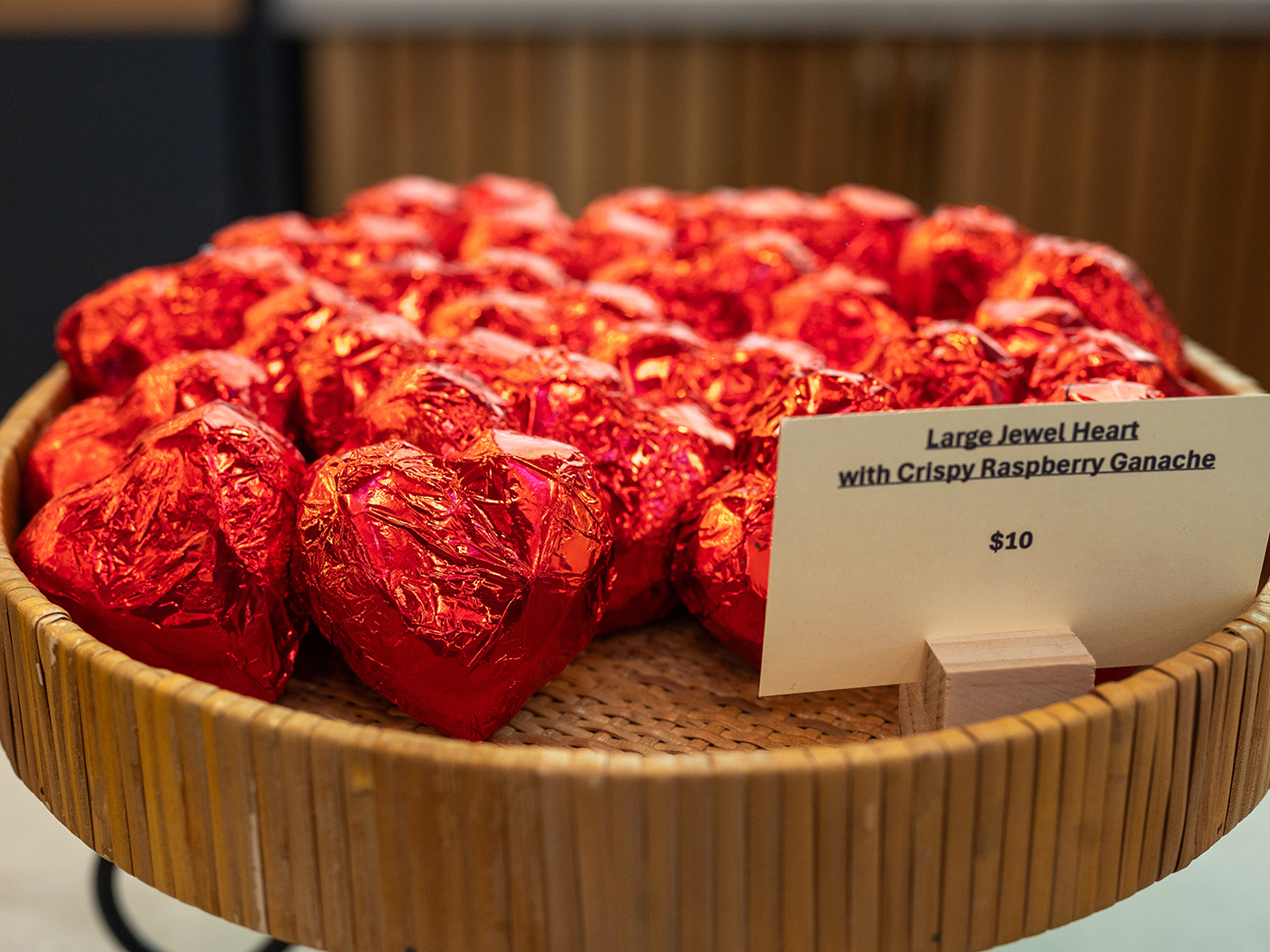

Are there other challenges of operating in the airport environment that people should know about?
There are some logistical considerations with Bradford Logistics, [which runs the airport's Central Receiving and Distribution Center]. Your staff has to deliver on a very tight time schedule and follow specific directions.
Without Josie as my business partner, this wouldn't have happened at all. I mean, I have six-year-old twin boys! I would say: Don't do this on your own. Make sure you have a strong team that gives you good support.
The airport has been amazing at supporting us. As long as you're constantly communicating with Port staff about what is happening, they are 100% in. It has been great.
What has been the impact of this opportunity for your business?
Melissa: So many people walk into our shop on Glisan and say, “I live here in Portland, and I never heard of you before seeing you at the airport.” That's the kind of comment you love. We're not only gaining some national or international recognition, which I've tried so hard to achieve, but with people who live down the road.
We saw a big uptick in our online orders during the holidays, too. We see comments that people write on the gifts they send to other people, and we saw a lot of comments like, “I found these chocolates at PDX, and I thought you'd like them.” The exposure we get is just unbelievable.
